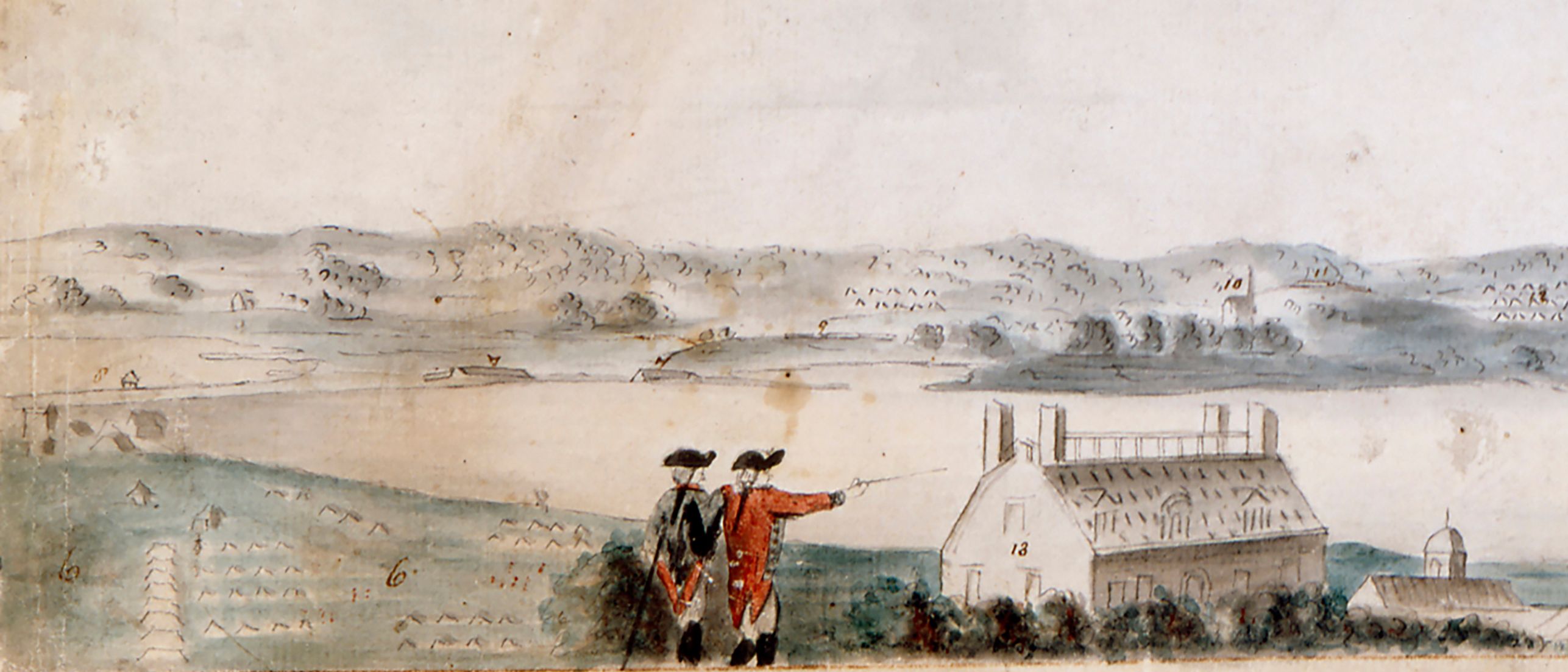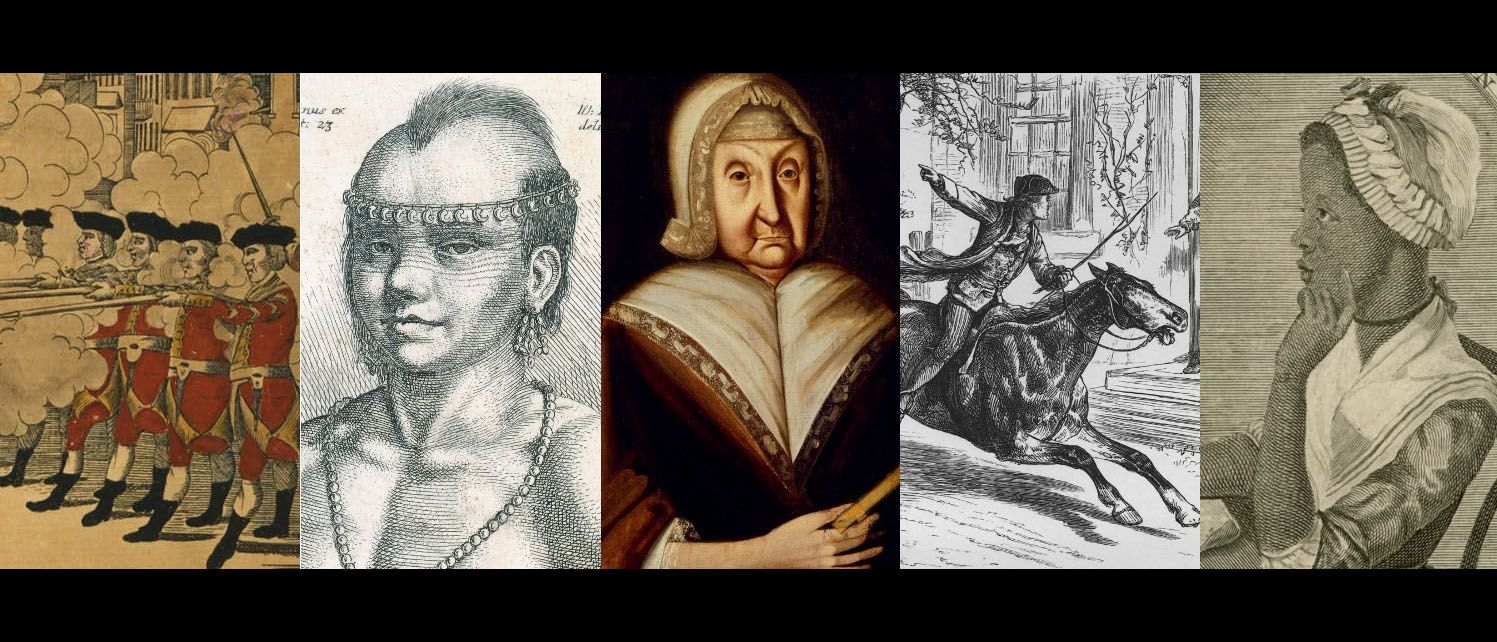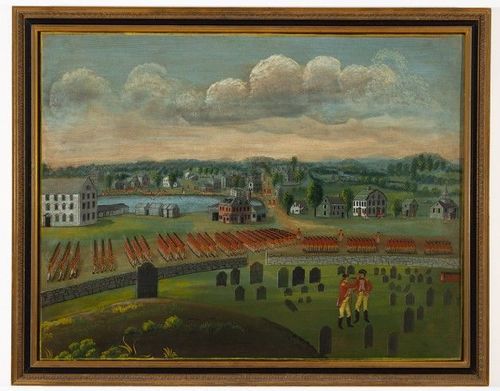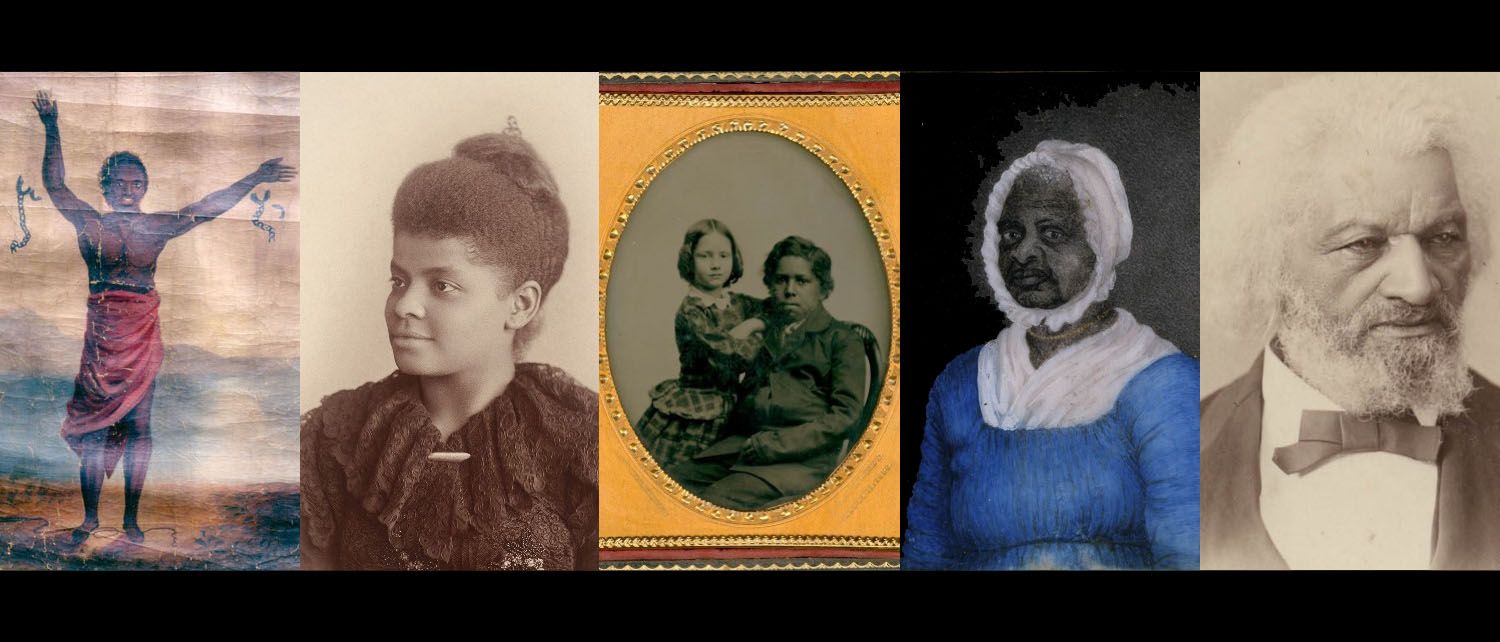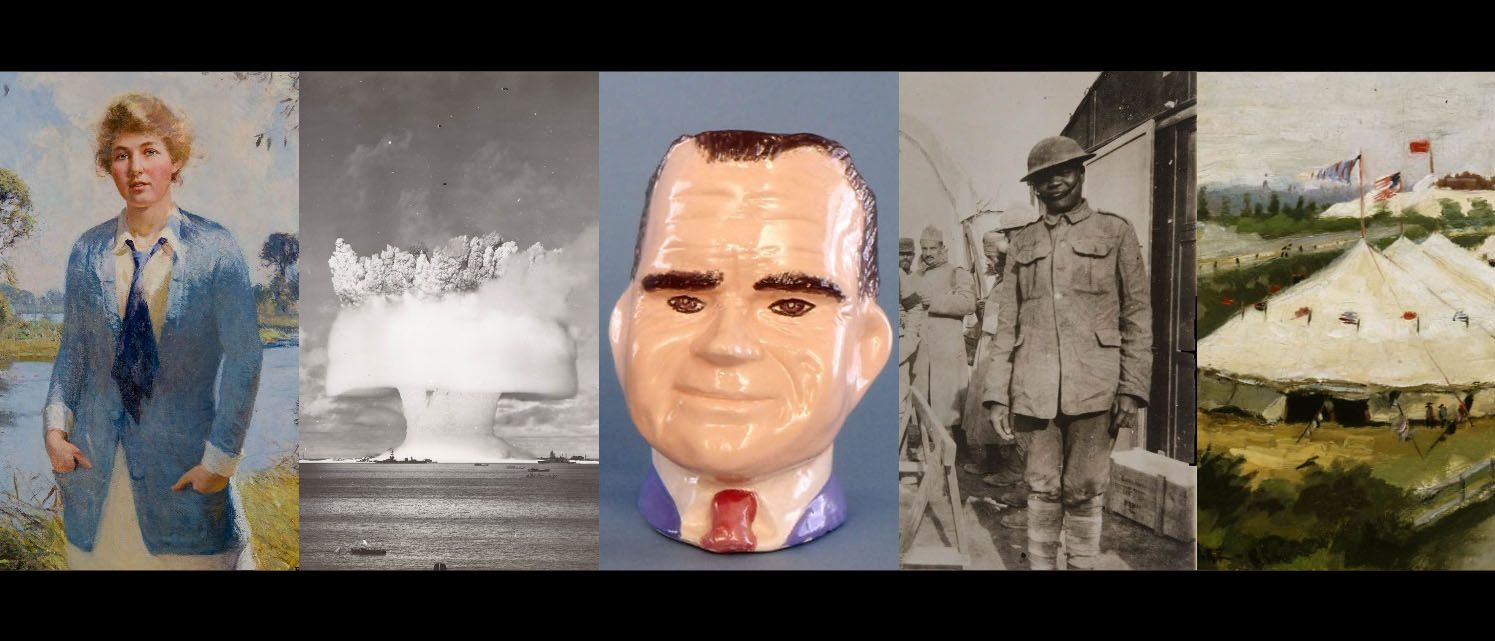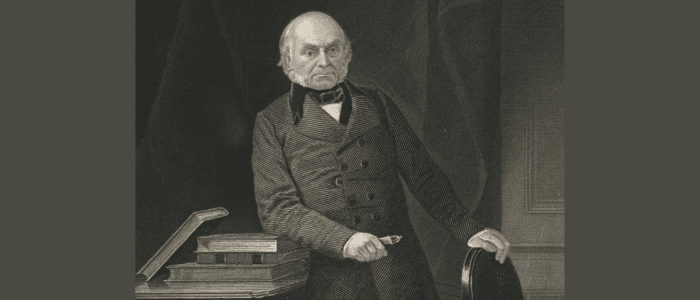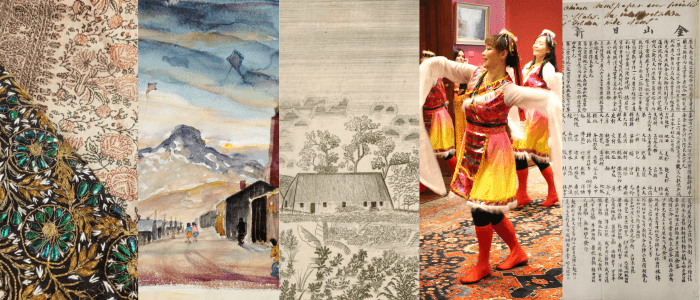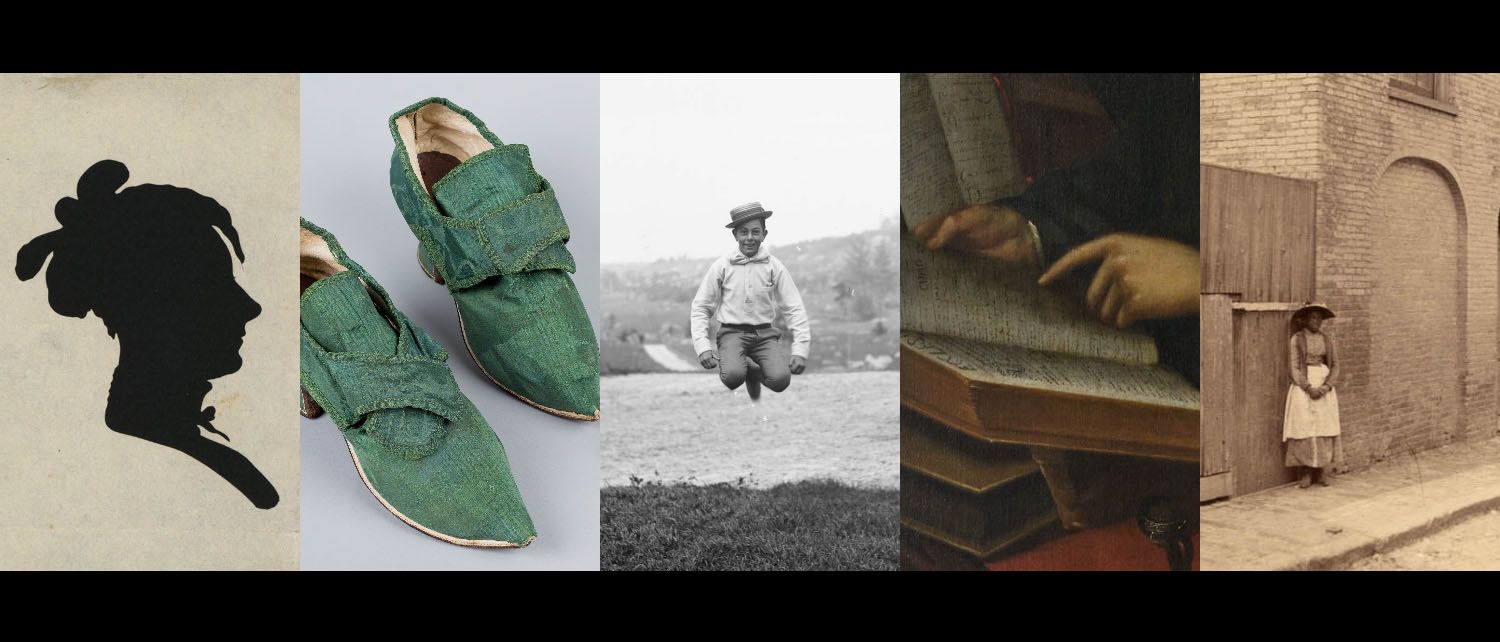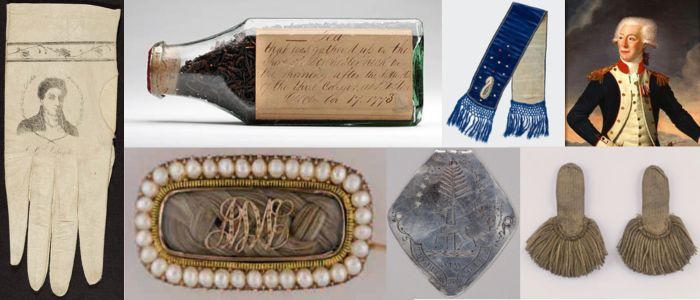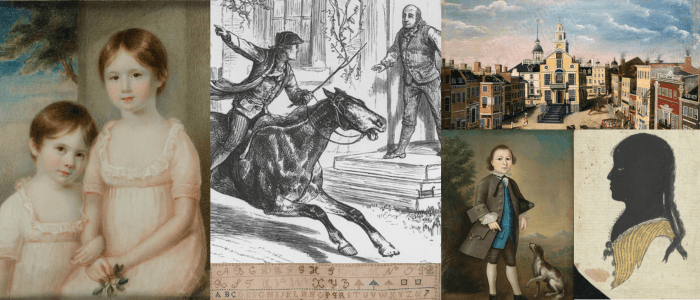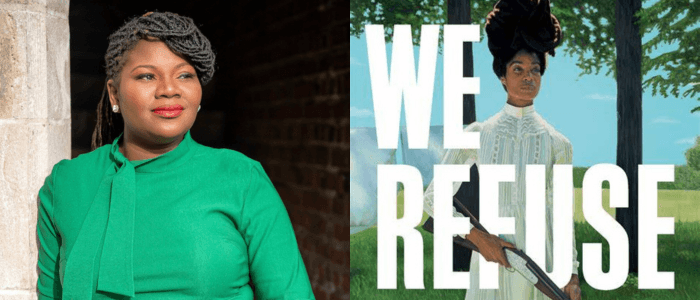Event

Democracy in Darkness: Secrecy & Transparency in the Age of Revolutions
Katlyn Carter, University of Notre Dame, in conversation with Nathan Perl-Rosenthal, USC Dornsife
This is a virtual event.
Does democracy die in darkness, as the saying suggests? Katlyn Carter’s book reveals that modern democracy was born in secrecy, despite the widespread conviction that transparency was its very essence. In the years preceding the American and French revolutions, state secrecy came to be seen as despotic—an instrument of monarchy. But as revolutionaries sought to fashion representative government, they faced a dilemma. Where gaining public trust seemed to demand transparency, was secrecy ever legitimate? Whether in Philadelphia or Paris, establishing popular sovereignty required navigating between an ideological imperative to eradicate secrets from the state and a practical need to limit transparency in government. The fight over this—dividing revolutionaries and vexing founders—would determine the nature of the world’s first representative democracies. Unveiling modern democracy’s surprisingly shadowy origins, Carter reshapes our understanding of how government by and for the people emerged during the Age of Revolutions.
The virtual program begins at 6:00 PM and will be hosted on the video conference platform, Zoom. Registrants will receive a confirmation message with attendance information.
